Chelsea Langston Bombino
(ANALYSIS) This is not a moment for faith-based institutions to retreat or sanitize their convictions. It is a moment to reclaim their voice and affirm their rightful in shaping a public life capacious enough to hold true difference, including sacred difference. Religious freedom — grounded in conscience, practice and institutional distinctiveness — must remain a cornerstone of our shared civic life.
Dr. Nina Balmaceda recently finished a project focused on uncovering the story of Peace and Hope International over its first 25 years, emphasizing the spiritual dimensions of social and political renewal in Latin America. Her research has focused on the organization's spiritual understanding of love — deeply rooted in its Christian tradition — through political and social responsibility.
(ANALYSIS) Live seasonally. Inhabit the rhythms and cycles of nature. Find the Sacred in the shifts of the year. These themes have become prominent across sacred traditions and spiritual paths in the last few years.
Structured around an academic year of teaching law, the book explores monthly themes such as "Where is the Line Between Wrong and Evil?" and draws on experiences and legal case studies to discuss empathy in disagreement, trust across differences and challenging assumptions. The book is relevant for everyday community interactions during election years and beyond.
(ANALYSIS) Despite the often polarized views on religious freedom, its essence remains timeless and profound, particularly for Christians. For believers, religious freedom finds its most profound expression in the image of a God baby born over two millennia ago to a virgin. This freedom is not just about the ability to practice one’s faith openly, but also about the freedom to cultivate a personal relationship with Christ and to navigate the intricate tapestry of His church and the world. It's about recognizing our brokenness.
(ANALYSIS) Lent serves as a profound reminder of the spiritual freedom we have in Christ, mirrored in His death and resurrection. As we journey through this season of contemplation and preparation, we are invited to make space for God in our lives, just as Jesus did in the wilderness. This concept of making space extends beyond personal reflection to encompass broader religious and spiritual freedom.
In this era where the transcendent is often overlooked, advocating for spiritual and religious freedom transcends mere individual rights. It's about preserving our inherent spiritual dignity and embracing a worldview where spiritual elements like truth, goodness and beauty hold significance in every aspect of our lives. Without acknowledging and having the freedom to explore our spiritual dimensions, we risk passing on a materialistic outlook to future generations, devoid of the profound sacredness interwoven in every facet of life.
(ANALYSIS) Despite the First Amendment, the United States' federal policy toward Native Americans and native religions has been inconsistent. In 1978, Congress passed and President Jimmy Carter signed the American Indian Religious Freedom Act. It recognized that government policy had inhibited the practice of Native American religions, including access to sacred sites.
The book invites readers to shift their perspective on anxiety from something to be eschewed or suppressed to an occasion for spiritual development and renewal. Chang presents a vision of anxiety grounded in scripture: particularly in the life of Jesus. Chang shows us how we can engage with anxiety as an invitation for growth, rather than as an occasion to perpetuate fear and shame.
(ANALYSIS) Sotomayor’s dissent poses an interesting inquiry, regardless of one’s personal opinion of where the court should have landed on affirmative action: Does the Constitution uphold the spiritual and religious freedom of faith-based higher education institutions to engage in holistic, race-conscious admissions practices as an expression of their sincerely held institutional religious beliefs?
(ANALYSIS) Spiritual motherhood is brought to life through sacred, ancient myths like the Ukrainian women who co-create the world anew each morning through their perpetual creation of pysanky eggs. And particularly now, spiritual mothers like Zielyk are inviting each of us to step into our own individual and collective sacred stories through art, beauty and creativity.
(OPINION) The advent of my own motherhood brought with it a deepening appreciation of the incarnational elements of religious freedom. My family is a living testimony to the religious freedom this country affords, at its best. And yet, there is more to do.
(ANALYSIS) This month President Joe Biden signed a new bill into law, the Inflation Reduction Act, aimed at lowering the deficit, reducing inflation, knocking down prescription medicine prices, taxing the profits of large corporations and significantly addressing climate change. At first glance, this legislation does not immediately appear to be a law that intersects much with religious freedom. Yet there are surprising connections worth considering.
(ANALYSIS) Recently, the U.S. Supreme Court released a decision clearly stating that religious schools cannot be excluded from state school choice programs. This means, in short, a major potential change for the future of private faith-based education.
(ANALYSIS) There will be much we need to unpack in the days, weeks and years to come in this post-Roe era. In this moment, perhaps we can recognize that no one side owns the human spirit. Seeking the sacred in that which we hold dear, whether it is protecting the pre-born or advancing women’s well-being, or both, is an innate part of being human.
(ANALYSIS) On Tuesday, a preliminary draft Supreme Court opinion was leaked to Politico, revealing that the court — as of February — intended to overturn Roe v. Wade. What does the leak mean for the court and America, and how have faith voices responded?
In 2020, Anne Snyder launched a publishing project to explore a redemptive vision forward through the public health, racial and economic crises at hand. The online commons that resulted — Breaking Ground — became a one-of-a-kind space to probe society’s assumptions, interrogate our own hearts and imagine what a better future might require.
Amid heightened needs of Afghan girls and women, ReligionUnplugged interviews Daisy Khan, one of the most prominent female Muslim leaders in the U.S., about her work leading the Women’s Islamic Initiative in Spirituality and Equality to advance the rights of women based on the spiritual principles’ integral to the Islamic faith.
(ANALYSIS) The Supreme Court will hear a potentially landmark case for religious schools on Dec. 8, Carson v. Makin. Up for discussion is whether Maine’s law, which excludes religious schools from the diversity of schooling options that families have access to in a public student aid program, infringes on First Amendment constitutional protections.
(ANALYSIS) Oak Flat is regarded as holy by the San Carlos Apache Tribe, but it rests on about 40 billion pounds of copper. In 2014, legislation was passed by the U.S. government to transfer the land to the Resolution Copper mining company. This year, the tribe is fighting back in a case that tells us all something about what it means to be human.
(ANALYSIS) The Texas abortion law could affect the religious liberties of those providing pastoral care for women considering abortion or Jews who, in accordance with Jewish teaching, seek an abortion to save the life of the mother.
(OPINION) The American Families Plan is biased towards child care and pre-K education outside the home, which isn’t the preference of many families, especially low-income, minority and religious families. In short, the plan prioritizes the desires of two-parent, higher educated and financially well-off families with two full-time working adults who are the most likely to prefer institutional child care that is not faith-based.
(OPINION) An unmarried Catholic school teacher was dismissed from her position because she became pregnant through engaging in premarital sex. While religious freedom should include the right to remove an employee violating the school’s faith standards, the school could have handled the case of an unwed mother choosing life over abortion much differently.
(OPINION) Faith-based foster care services are one essential element to providing children with loving families in a system where too many children languish. As recent research indicates, there are high turnover and recidivism rates among foster parents, yet more than 80% of foster parents cite faith or church support as an element that contributes to successful and sustained fostering. As the unanimous Court stated in Fulton, “[t]he City apparently prefers to risk leaving children without foster parents than to allow CSS to follow its religiously dictated policy, which threatens no tangible harm.”
(OPINION) A Texas court ruling is sparking debates about an obscure First Amendment doctrine that exempts religious institutions from certain civil lawsuits to protect them from government interference in their internal matters. The ruling’s interpretation raises concerns about how lay people can hold these institutions accountable when abuses happen.
Religion Unplugged interviewed Dr. John Jackson, President of William Jessup University, a California-based private Christian university in the Sacramento area. In our conversation, Dr. Jackson explored the spiritual and practical impacts of COVID-19 on the Jessup community, reflected on challenges to religious freedom during the pandemic and offered a vision of religious freedom lived responsibly and stewarded for the benefit of others during the pandemic.
(ANALYSIS) The study characterizes the Supreme Court’s previous approach to religious freedom as one that interpreted the First Amendment’s religion clauses to offer “weak but meaningful” safeguards for minority faiths from adverse treatment by public policies that privileged “mainstream Christian organizations, practices, or values.” But the study’s authors also admit that conservative Christian values are no longer mainstream.
(OPINION) This week the Seymour Institute for Black Church and Policy Studies, led by Dr. Jacqueline Rivers and Rev. Eugene Rivers, released a statement, “How the Equality Act Harms the Black Church”, writing that while the Black Church has historically - and continues - to act as “the central institution in the life of the African American community... the Equality Act poses a threat to the ability of the Church to continue to play this role.”
(ANALYSIS) The proposed Equality Act explicitly bans discrimination in federally funded programs on the basis of sex, sexual orientation and gender identity, which would require all adoption and child placement agencies to adopt to LGBTQ couples.


















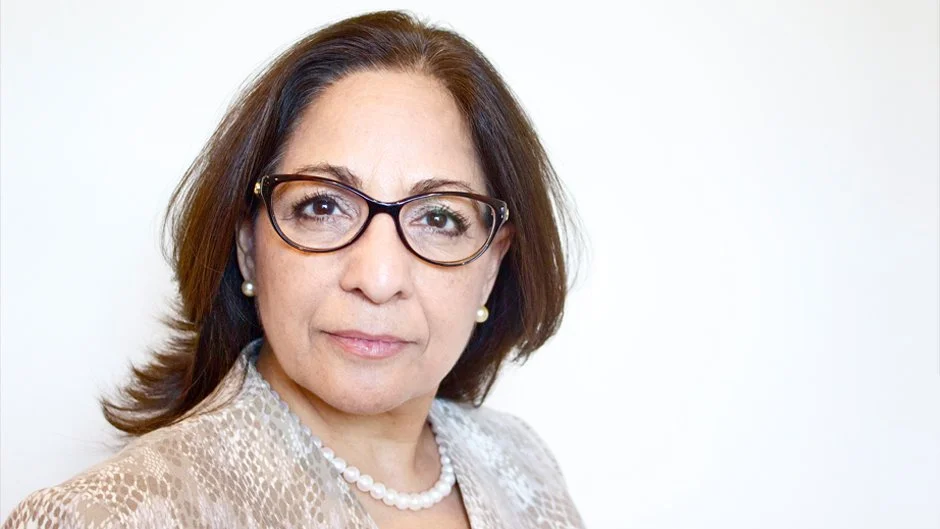
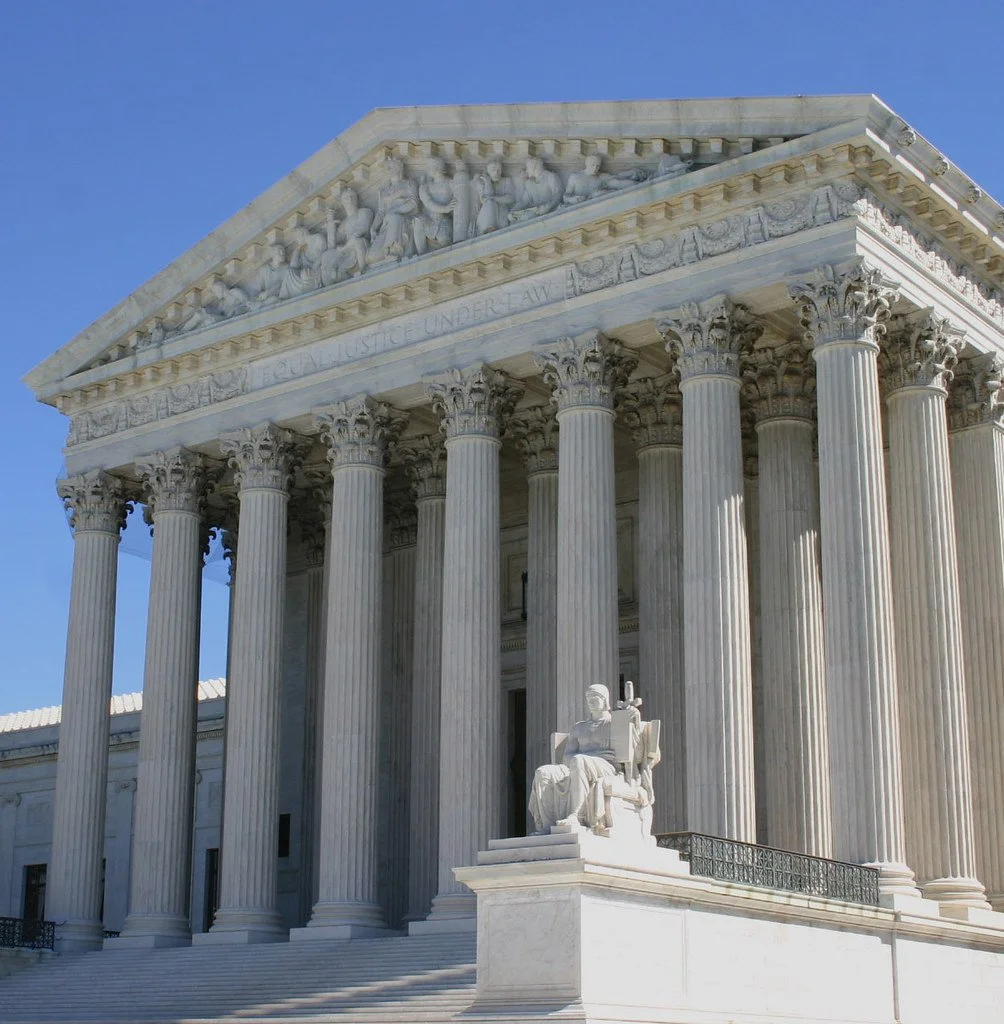



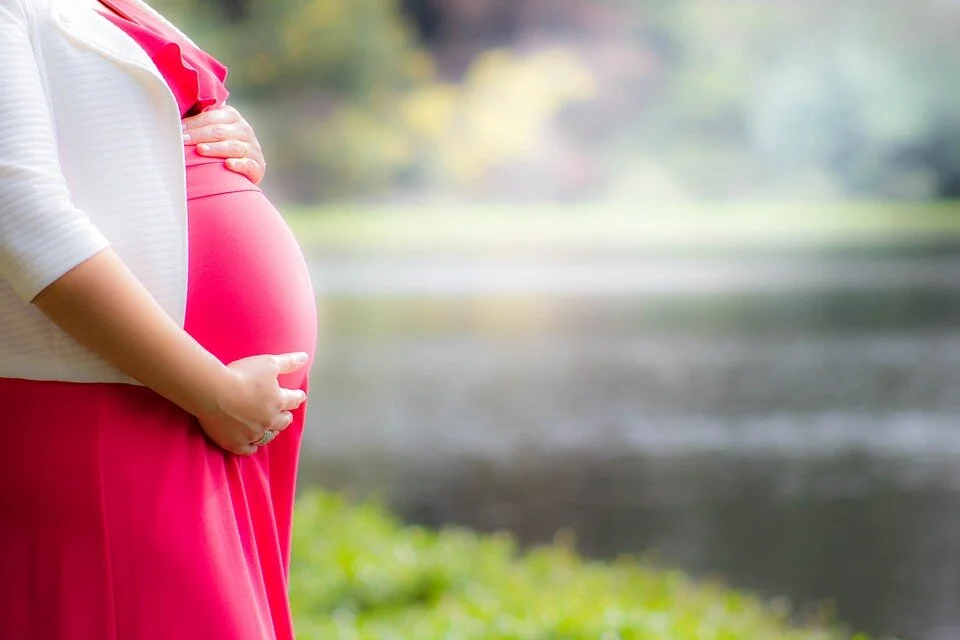

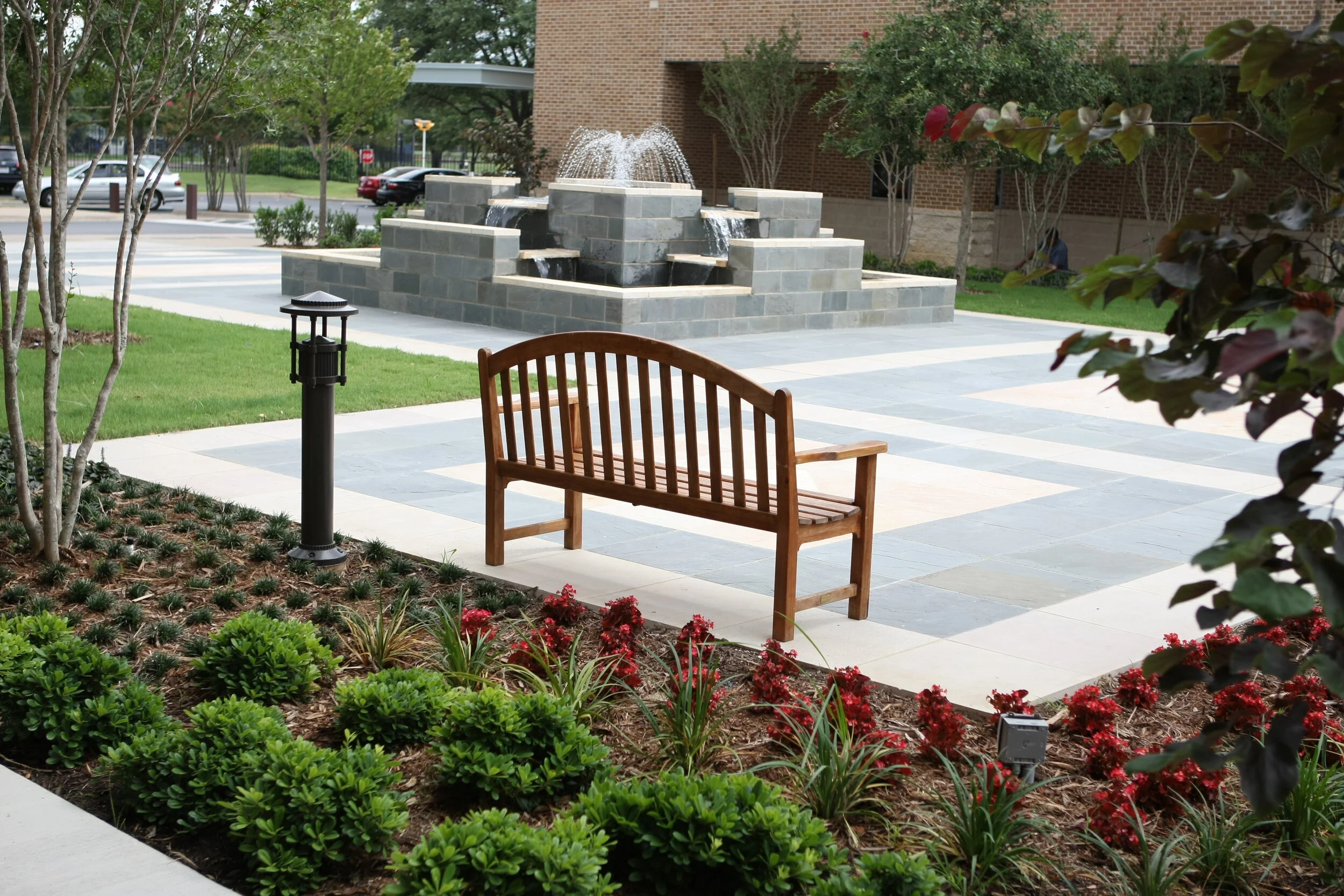


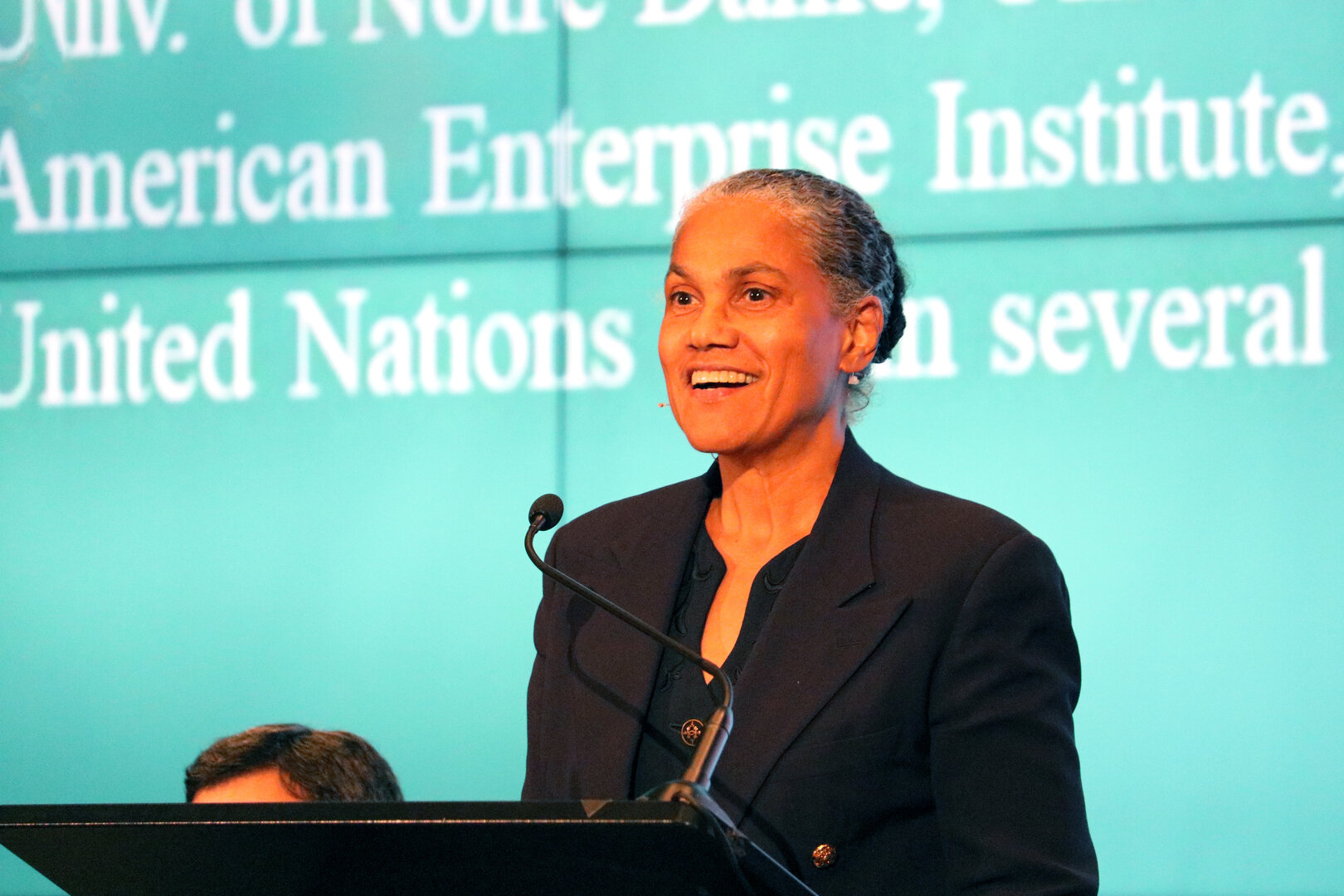

(ANALYSIS) Reading these living picture books aloud at Thanksgiving allows children to meet the story in its full shape — its beauty, its failures, its moments of generosity, and its deep contradictions. They see people whose faith guided them across an ocean, and people whose spiritual practices had been rooted in this land for generations.